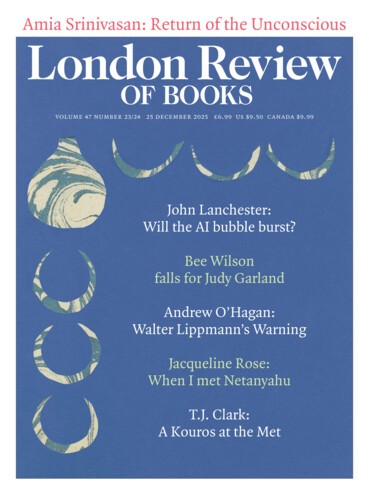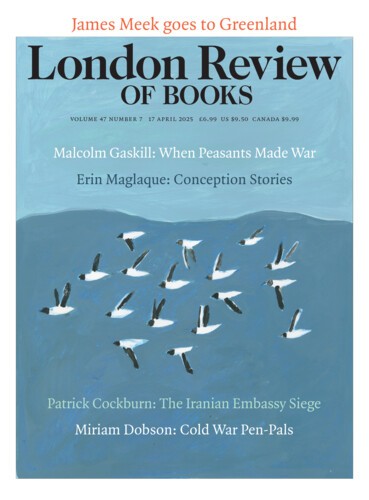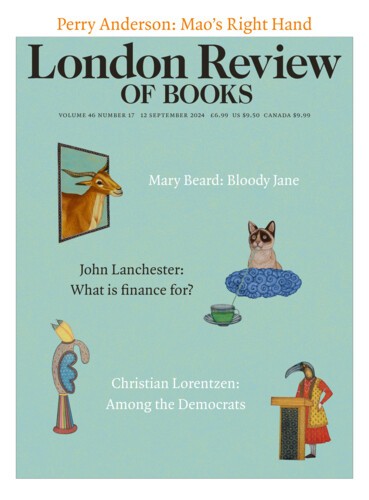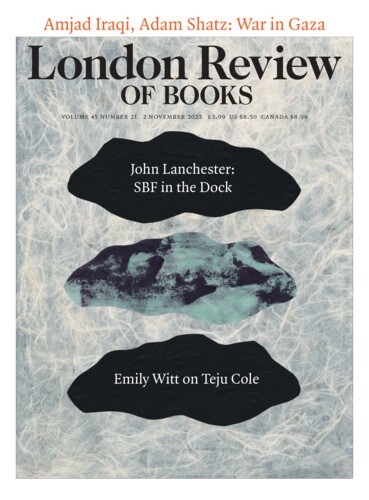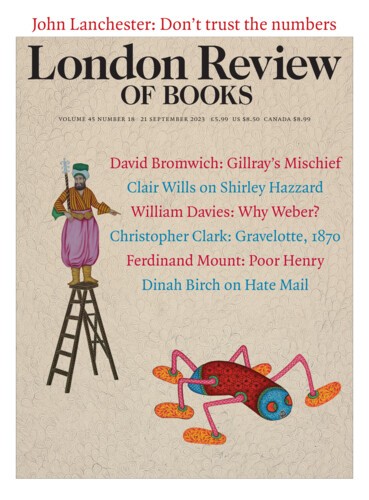King of Cannibal Island: Will the AI bubble burst?
John Lanchester, 25 December 2025
The tulip bubble is the most famous financial bubble in history, but as historical examples go it is also, in one crucial respect, misleading. That’s because anyone can see the flagrant irrationality which was at work. At peak tulip madness in 1637, rare bulbs were so expensive that a single one was worth as much as a fancy canalside house in Amsterdam. You don’t have to be...
